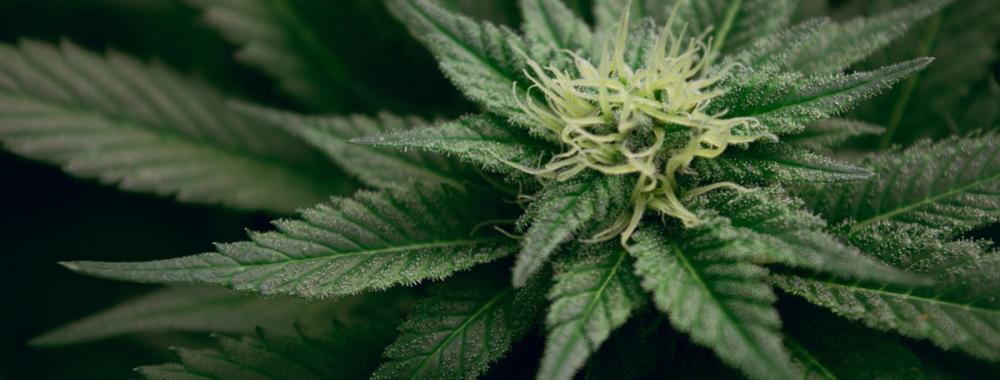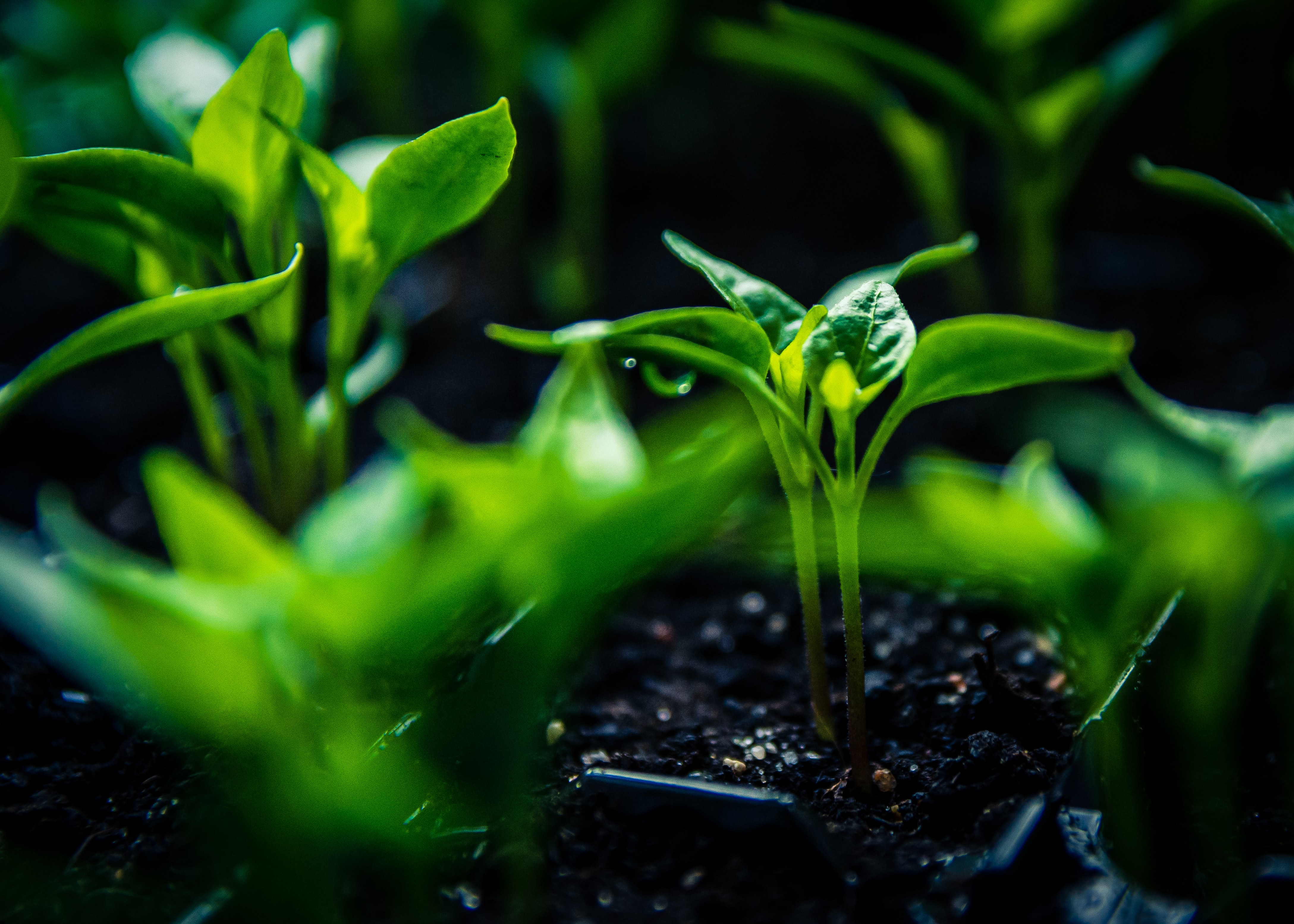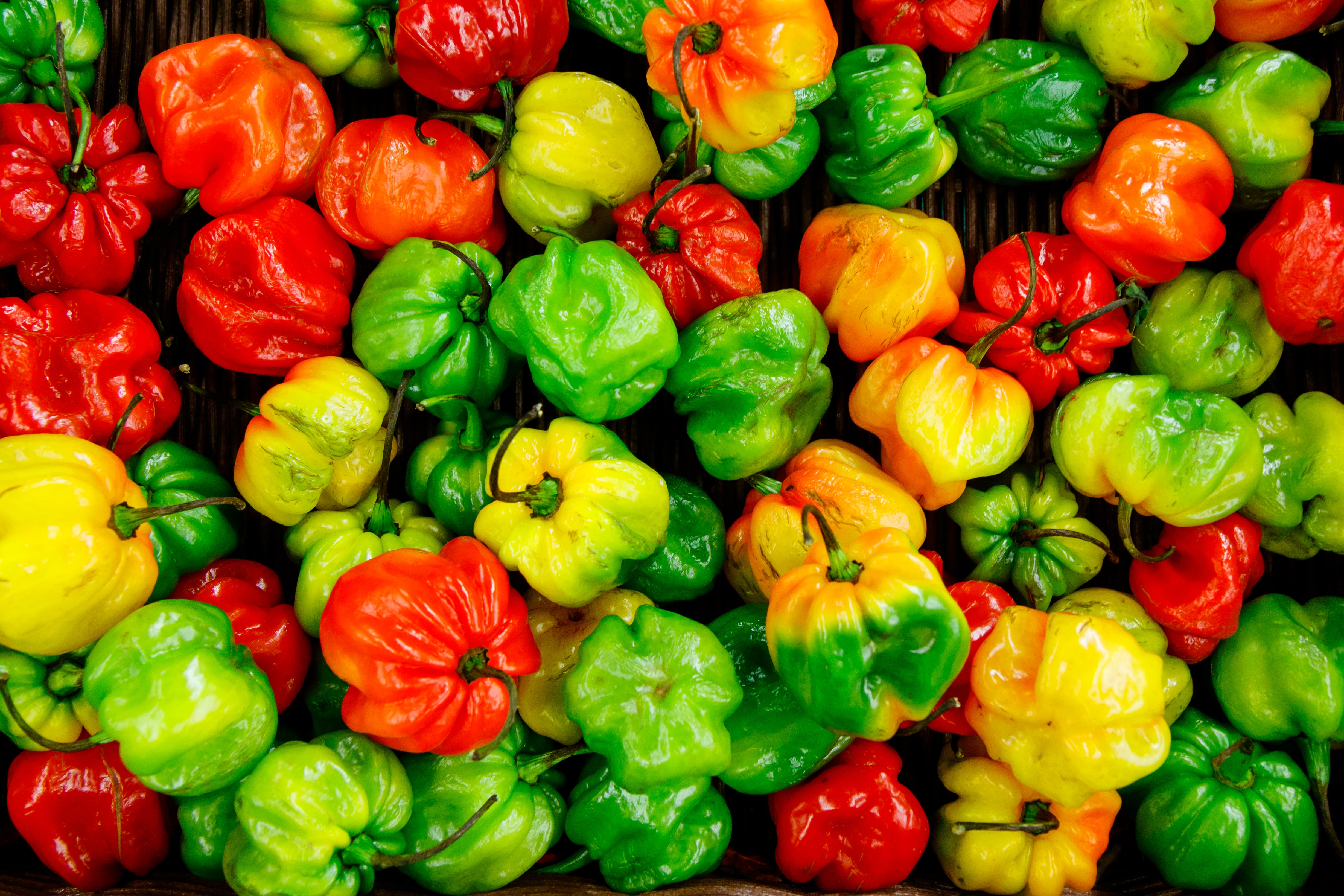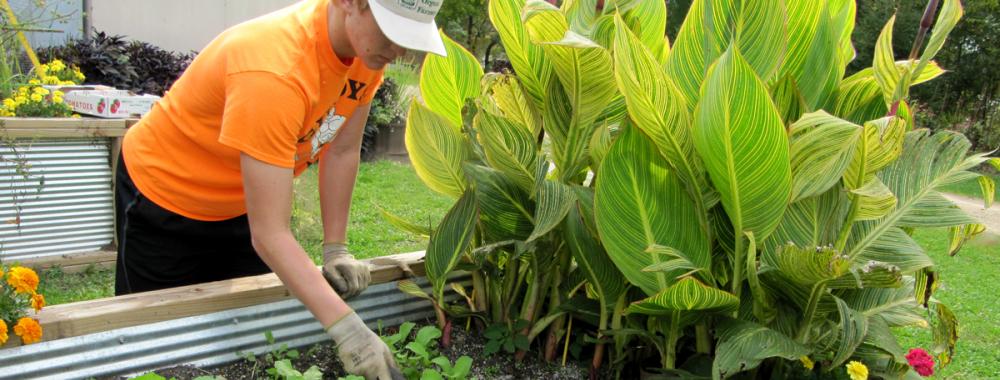
CCOF回家
CCOF是一个非营利性组织,通过有机认证、教育、宣传和推广,推动有机农业建设一个健康的世界。我们设想一个有机的世界是常态。
2022年5月14日
permacultural Food Forests Planning, Growing and Enjoying Year Round Abundance在Santa Cruz & Surrounding的一个应用的permacultural practice…
CCOF新闻:保持最新的有机

每年,经认证的营运机构必须提交年度认证续签合约,并支付下一年的认证费用。11月初,我们将邮寄您的续签包,其中包括您的续签合同和年度认证费发票。我们也会发邮件告知您的续约信息。
按时完成您的续订可以让我们分组…

CCOF将于12月2日举办一场关于2021年墨西哥有机市场增长和销售的会议有机种植者峰会加州蒙特利。
墨西哥对有机农业的推广带来了稳定的国内有机市场,并为美国种植者创造了绝佳的进口机会。而大多数墨西哥有机食品…
CCOF合作者加州FarmLink正在接受即将到来的2022年的申请吗Resilerator教育计划.
Resilerator项目旨在为具有至少两年商业管理经验的中小农户、牧场主和渔业经营者提供支持,以巩固可持续、长期、有弹性的业务。
这10周的课程涵盖了全面的商业课程。

CCOF为有机生产者提供的困难援助赠款即将结束
如果你或你知道的有机生产商在2021年历年经历了困难,我们鼓励你通过布里克蒙特困难援助基金申请财政援助。188bet官网地址的应用程序截止日期是……







